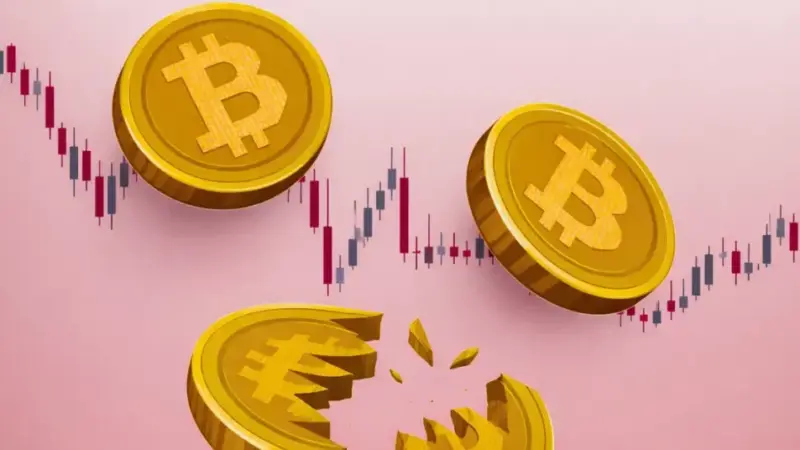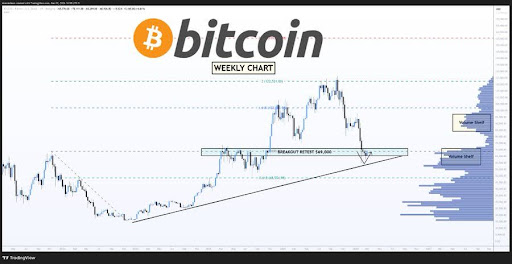SEC Blocked From Seeing Ripple Execs’ Personal Bank Records
Ripple executives Brad Garlinghouse and Chris Larsen have been granted a motion to overturn the SEC’s attempts to obtain their personal financial records.
Ripple
The SEC previously sent subpoenas to six different banks asking for the personal banking information of Garlinghouse and Larsen. The two executives are named individual defendants in the ongoing lawsuit against Ripple over an alleged securities law violation.
As per the SEC’s lawyers, access to personal bank records was relevant in analyzing the defendants’ XRP transactions and their income derived from XRP sales. The relevance of obtaining personal bank information has been contested by Sarah Netburn, the Judge presiding over the case.
Ripple, in response, filed a motion with the federal judge to block the subpoenas. Ripple said in its motion that the SEC’s move was “wholly inappropriate overreach” when the company already agreed to provide records of all XRP-related transactions to the SEC.
That motion has now been granted. In a court document, Judge Netburn announced that obtaining individual defendants’ personal banks was unnecessary.
“The SEC’s requests and third-party subpoenas make broader requests. However, that would result in the disclosure of an immense trove of private financial information with no relevance to whether the Individual Defendants offered or sold XRP into the public market or promoted its sale to potential investors,” wrote the judge.
The ruling would require the SEC to halt its efforts to obtain bank records of defendants and withdraw subpoenas sent to the six banks.
The development is yet another ruling in the lawsuit that went in favor of Ripple. Besides granting Ripple’s above motion, the court allowed the firm access to SEC’s internal discussions about Ether and Bitcoin.
Disclosure: The author does not hold the cryptocurrency mentioned in this article at the time of publication.




